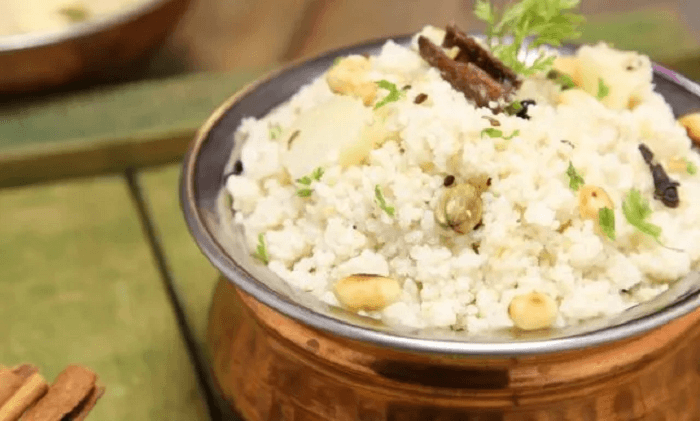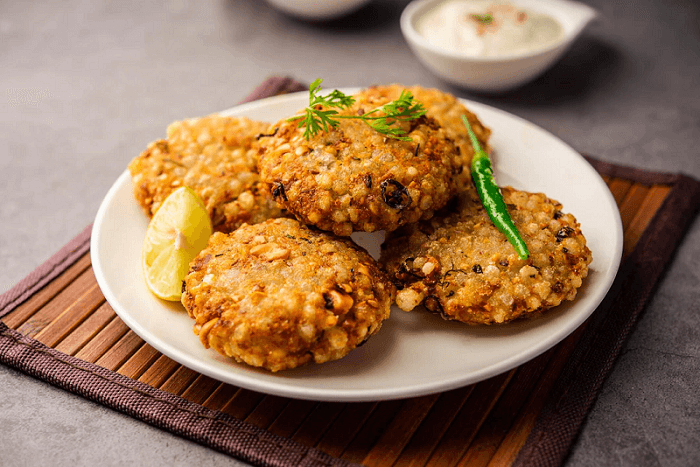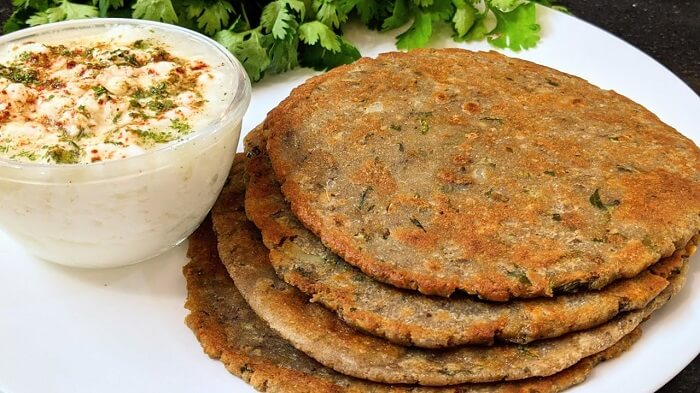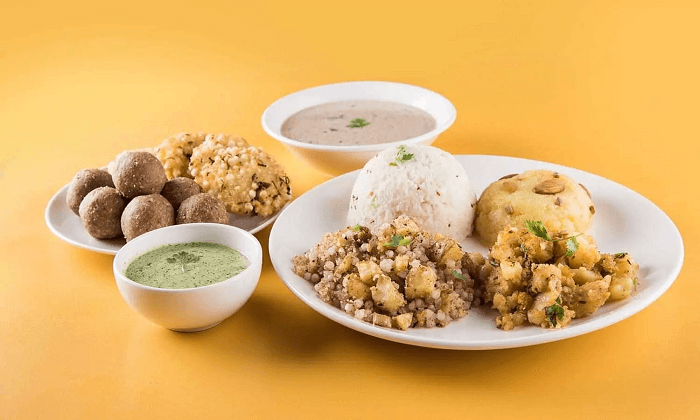Significance of fasting during Maha Shivratri

Fasting during Maha Shivratri holds great significance in Hindu mythology. It is believed that by observing this fast, one can attain blessings from Lord Shiva and cleanse their body and mind. It is seen as an opportunity to purify one’s soul and seek divine intervention in their lives.
The fast is believed to bring about spiritual awakening and help devotees connect with their inner selves. By abstaining from food and indulgences, devotees practice self-control and discipline, which helps them in their spiritual journey. It is also believed that fasting during Maha Shivratri helps in detoxifying the body and purging it of impurities.
Moreover, fasting during this auspicious time is believed to bring good fortune and blessings. It is seen to express devotion and gratitude towards Lord Shiva, who is considered the supreme deity in the Hindu Mythology.
Traditional food restrictions during Maha Shivratri

During Maha Shivratri, there are certain traditional food restrictions that devotees follow. These restrictions are based on the principles of purity and sanctity associated with the festival. The main idea behind these restrictions is to consume only satvic (pure) food that is considered beneficial for the body and mind.
On this day, devotees avoid consuming foods that are considered tamasic (impure) or rajasic (stimulating). Tamasic foods include meat, onion, garlic, and alcohol, which are believed to increase lethargy and dullness. Rajasic foods, such as spicy and oily dishes, are overstimulating and can disturb the equilibrium of the body and mind.
By avoiding these foods, devotees aim to maintain a state of purity and harmony within themselves. This allows them to fully immerse themselves in the spiritual experience of Maha Shivratri.
Foods allowed during Maha Shivratri fast

Although there are certain restrictions during the Maha Shivratri fast, there are also plenty of options available for devotees to consume. These foods are considered light, nutritious, and easy to digest, making them ideal for the fasting period.
Fruits: Fruits are a popular choice during the Maha Shivratri fast. They are packed with vitamins, minerals, and antioxidants, providing essential nutrients to the body. Fruits like bananas, apples, pomegranates, and oranges are commonly consumed during this time.
Milk and Yogurt: Milk and yogurt are considered highly beneficial during fast as they are a good source of protein and calcium. They are also easy to digest and provide a feeling of satiety.
Dry fruits and nuts: Dry fruits and nuts such as almonds, cashews, dates, and raisins are rich in nutrients and provide energy. They can be consumed as snacks or added to various fasting recipes.
Grains: Certain grains like buckwheat and sabudana (tapioca) are allowed during the Maha Shivratri fast. They are gluten-free and can be used to prepare a variety of dishes like khichdi, vada, and paratha.
Popular recipes for Maha Shivratri fast
During Maha Shivratri, devotees often prepare special fasting recipes that are both delicious and nutritious. These recipes are made using ingredients that are allowed during the fast and are tailored to meet dietary restrictions.
- Vrat ke chawal (buckwheat khichdi): This dish is made using buckwheat, which is considered a staple grain during the fast. It is cooked with spices and vegetables, making it a wholesome and flavorful meal.

Discover delicious Maha Shivratri fasting options. Explore nutritious, sattvic foods for a spiritually significant celebration. - Sabudana vada (tapioca fritters): Sabudana vada is a popular snack during the Maha Shivratri fast. It is made by soaking tapioca pearls and then mixing them with potatoes, peanuts, and spices. The mixture is then shaped into small patties and deep-fried until golden and crispy.

Discover delicious Maha Shivratri fasting options. Explore nutritious, sattvic foods for a spiritually significant celebration. - Kuttu ka paratha (buckwheat flatbread): Kuttu ka paratha is a traditional Indian bread made with buckwheat flour. It is a versatile dish that can be enjoyed with yogurt, chutney, or curry. The parathas are easy to make and are a filling option for the fast.

Discover delicious Maha Shivratri fasting options. Explore nutritious, sattvic foods for a spiritually significant celebration.
These recipes not only provide essential nutrients but also add flavor and variety to the fasting period.
Nutritional benefits of Maha Shivratri fasting

Fasting during Maha Shivratri can have several nutritional benefits. By consuming lighter meals and avoiding heavy, processed foods, the body gets a chance to rest and detoxify. This can lead to improved digestion, increased energy levels, and enhanced overall well-being.
During the fast, the body relies on stored fat for energy, which can promote weight loss. It also allows the digestive system to take a break, giving it time to heal and repair. Fasting can help regulate blood sugar levels and improve insulin sensitivity, which is beneficial for individuals with diabetes.
Additionally, the consumption of satvic foods like fruits, milk, and nuts provides essential vitamins, minerals, and antioxidants. These nutrients support the immune system, promote healthy skin, and boost overall health.
By following these tips, you can have a fulfilling and rewarding fasting experience during Maha Shivratri.
Conclusion
Maha Shivratri is a sacred day of fasting and devotion for millions of Lord Shiva’s devotees around the world. While observing the fast, it is important to choose foods that are light, nutritious, and in accordance with the traditions. The fasting period not only brings spiritual benefits but also has several nutritional advantages, such as improved digestion and increased energy levels.
By following the guidelines and practicing self-control, devotees can have a fulfilling and meaningful fasting experience during Maha Shivratri. So, choose your food wisely, and seek blessings from Lord Shiva with devotion and discipline.


